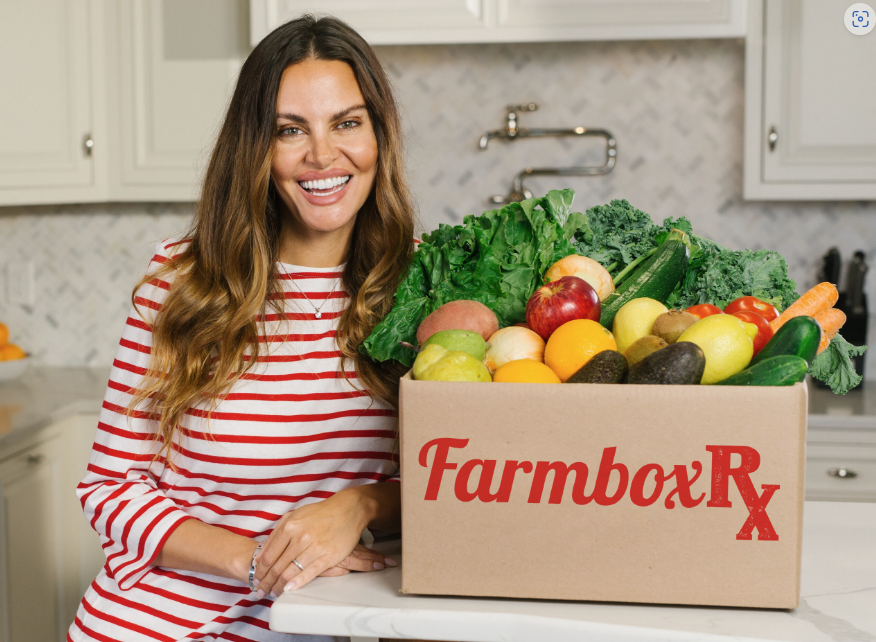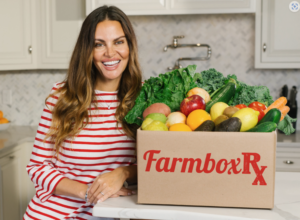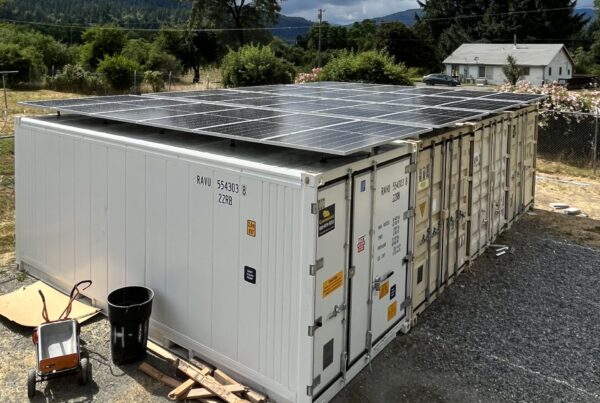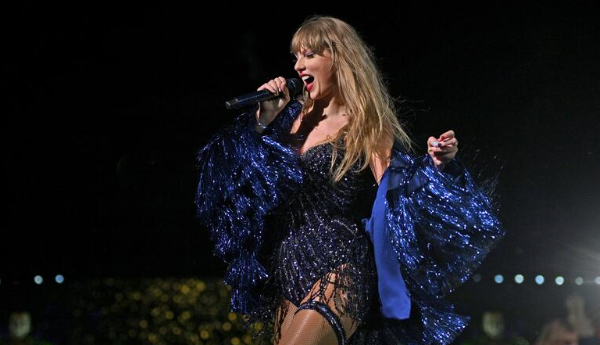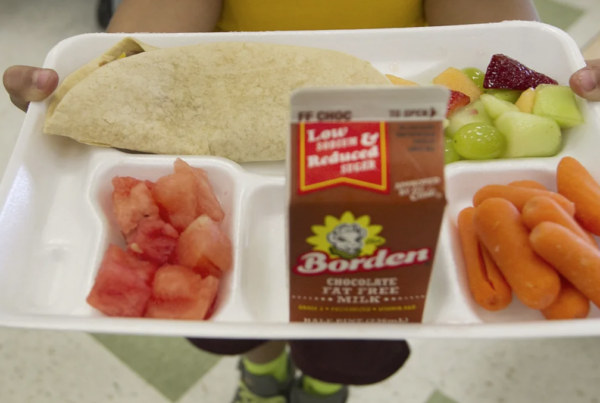FarmboxRx is a Game Changer for Insurance Companies
Read this incredible story of Founder, Ashley Tyrner and her company, FarmboxRx. FarmboxRx, partners with insurance providers to provide their plan’s members with boxes of produce as a way to proactively improve their overall health.
This story is original content featured in Food Box News.
How FarmboxRx Got Insurers to Pay for Healthy Food
FarmboxRx is credited with being the first of a host of new firms (see accompanying list, below) seeking to provide healthy food to vulnerable communities via health insurance plans. The firms are meeting the need for health care insurers to point their members toward healthier lifestyles through habits like better eating – a trend only expected to grow as government healthcare plans also advance new methods of using healthcare dollars to support nutrition.
For food banks, which have a wealth of experience in serving up healthy produce boxes, FarmboxRx’s experience offers a measure of both instruction and caution on how hunger relief entities might navigate the emerging Food as Medicine landscape.
The Beginning of FarmboxRx
FarmboxRx’s story begins when Founder and CEO Tyrner was pregnant, and craving fruits and vegetables. But as a single woman trying to provide for herself in rural Arizona using SNAP, she often had to go without. Tyrner had limited access to grocery stores, and she couldn’t order fresh produce online with her benefits. “At that time, SNAP and EBT cards were not able to be accepted online as a form of payment,” the 39-year-old entrepreneur said. “Eating healthy while you’re pregnant in a real food desert is incredibly difficult.”
Even after Tyrner and her now 12-year-old daughter moved out of Arizona, she kept mulling over the problems she faced as a single mom trying to eat fresh produce on SNAP. “There’s a very common misconception that just because people are low income, they don’t want to eat healthy or they don’t want to work,” she said.
After working in fashion in New York for a few years, Tyrner began her company with the idea of helping moms like her. Initially, FarmboxRx delivered boxes of fruit and vegetables to NYC residents, but it quickly scaled up, becoming the first produce delivery company to mail fruits and vegetables directly to consumers.
Getting Support for Her Vision
She won the support of luminaries like Sam Kass, a chef and senior advisor to the Obama Administration for nutrition policy. “Sam was like, ‘You could eradicate the food desert problem overnight with this company,’” Tyrner said. “And I was like, ‘Great, what’s a food desert?’ because I didn’t know what it was at that point.”
When the Centers for Medicare & Medicaid Services began allowing produce to be offered as a benefit to members, FarmboxRx shifted away from a direct-to-consumer model to working exclusively with health plan providers. Insurers pay FarmboxRx for the food and delivery, with the expectation that healthier members will lead to lowered insurance costs. Initially, the healthcare sector was difficult to crack. “I went out to try to find a plan to work with,” Tyrner said. “And no plan wanted to work with us.”
The problem was that “there truly isn’t really a budget yet for food” in healthcare, Turner said, “even though food causes a tremendous amount of chronic conditions, which cause a lot of healthcare dollars to be spent.” She added, “This is the start of that. Someday, there will be a budget line item for food.”
Breakthrough with First Partner
To get health plan providers on board in advance of that budget line item, Tyrner pitched FarmboxRx as a patient engagement tool. Getting patients involved in managing their care through preventative actions like health screenings and lifestyle improvements has shown to result in improved health outcomes and lower costs for health plans. After a year of searching, FarmboxRx finally formed a partnership in 2020 with Vibra Health in Pennsylvania, a division of Blue Cross Blue Shield.
Patient engagement looks slightly different with every insurance plan that FarmboxRx now partners with. Some members get weekly boxes in sizes adjusted for their households, and some receive produce as a benefit for their specific chronic conditions. Some insurance plans offer a box as a bonus for completing healthcare-related tasks like flu shots and mammograms. “It depends how broadly the plan wants to make this as a benefit to their members,” Tyrner said.
She estimated that Medicaid and Medicare beneficiaries are 95% of FarmboxRx’s business and said her partners there are excited about the way FarmboxRx has increased members’ engagement with the healthcare system. “We have proven to be one of the best care management interventions that some of our health plans have ever done, by just sending the box of food,” she said.
Overcoming Challenges
Food banks may also be experts in assembling and distributing boxes of food, but FarmboxRx’s efforts to create partnerships in hunger relief have proven a little challenging. One of its current experiments is a partnership with a food bank in Pennsylvania. Through this partnership, FarmboxRx has discovered that the typical food bank’s focus on the immediate community can be limiting.
“Food banks serve such an amazing purpose, but they serve typically within that community,” Tyrner said. “When we contract with a plan, we have to be able to deliver the box wherever that member lives in the States.” For that reason, the reach and consistency that insurance companies offer has been a more viable partnership for FarmboxRx so far. “It has been difficult for us to do what we’re doing within healthcare within a community based organization,” Tyrner said.
Some of the potential collaborations Tyrner sees between insurance plans and food banks are more traditional. Some health plans, for example, have had their employees pack FarmboxRx offerings at local food banks. “The health plan employees go pack the box, and then they get to hand the box out at a community drive, where they’re just trying to engage that community.”
Providing Food and Education
Each box arrives at its destination full of health literacy materials in addition to produce. These materials may cover why diet is important to managing Type 2 diabetes, or explain where and why to get a flu shot, or detail the transportation some healthcare plans offer to and from care.
“People don’t know what they don’t know,” Tyrner said. “So we take the members through a journey of engagement and education around their condition, but also around other benefits they have available to them to keep themselves healthy. And so that’s really why we’ve grown so much is because everything in healthcare is around engagement.”
In an extension of its core mission, FarmboxRx is also directly intervening for some families whose SNAP benefits were cut when the Covid-19 public health emergency ended. Announced in June, the Feed by FarmboxRx fund lets individuals who are on SNAP and EBT in any of the states where benefits have been cut apply to have six months of boxes sent to them. Up to 200 selected recipients will receive a produce box and a dry goods box monthly for half a year. “I’m just trying to help them close that gap around having their SNAP dollars cut,” Tyrner said.
A Full Circle Moment
Tyrner said she’s received plenty of offers to sell the company, but she takes the success of FarmboxRx too seriously to cash out yet. If food as healthcare engagement goes awry, she’s worried no one else will be able to work in that space for a long time. “There’s no room for error,” she said. “If we mess this up, it’s going to affect millions of people for years to come because they’re studying this. How does this affect individuals? How does this engage individuals in their health? How does this affect claims dollars?”
Last year, when FarmboxRx began shipping boxes into Arizona, Tyrner went on a tour of her former home state to meet with Medicaid plans across the state. “It was kind of like everything coming full circle,” she said. “It was powerful to sit at the table and say, ‘I’ve been your member. I’ve literally been on your health plan on Medicaid when I had my daughter at one of your hospitals.’ That was a powerful moment.”
Original story by Shelbi Polk, Food Bank News
How FarmboxRx Got Insurers to Pay for Healthy Food – Food Bank News
Companies that Are Following FarmboxRx’s Lead in Offering Home-delivered Healthy Food that is Covered by Insurance:
FoodSmart — Has personalized nutrition plans created by dieticians
Free from Market — Provides personalized groceries, nutrition education and data to track outcomes
Good Measures — Nutrition plans include connections to culturally relevant food and community resources
Instacart Fresh Funds — Users redeem a digital code to shop for eligible items on Instacart
Miss Olive’s Ready Meals — Offers low-sodium, shelf-stable meals that can be microwaved
NourishedRx — Google-powered platform supports communication with healthcare providers
Season Health — Offers affordable, curated food for diabetes, pregnancy
Uber Health — Expanding from non-emergency transportation into healthy food delivery
*cover photo courtesy Food Bank News
Read additional stories from our blog.


